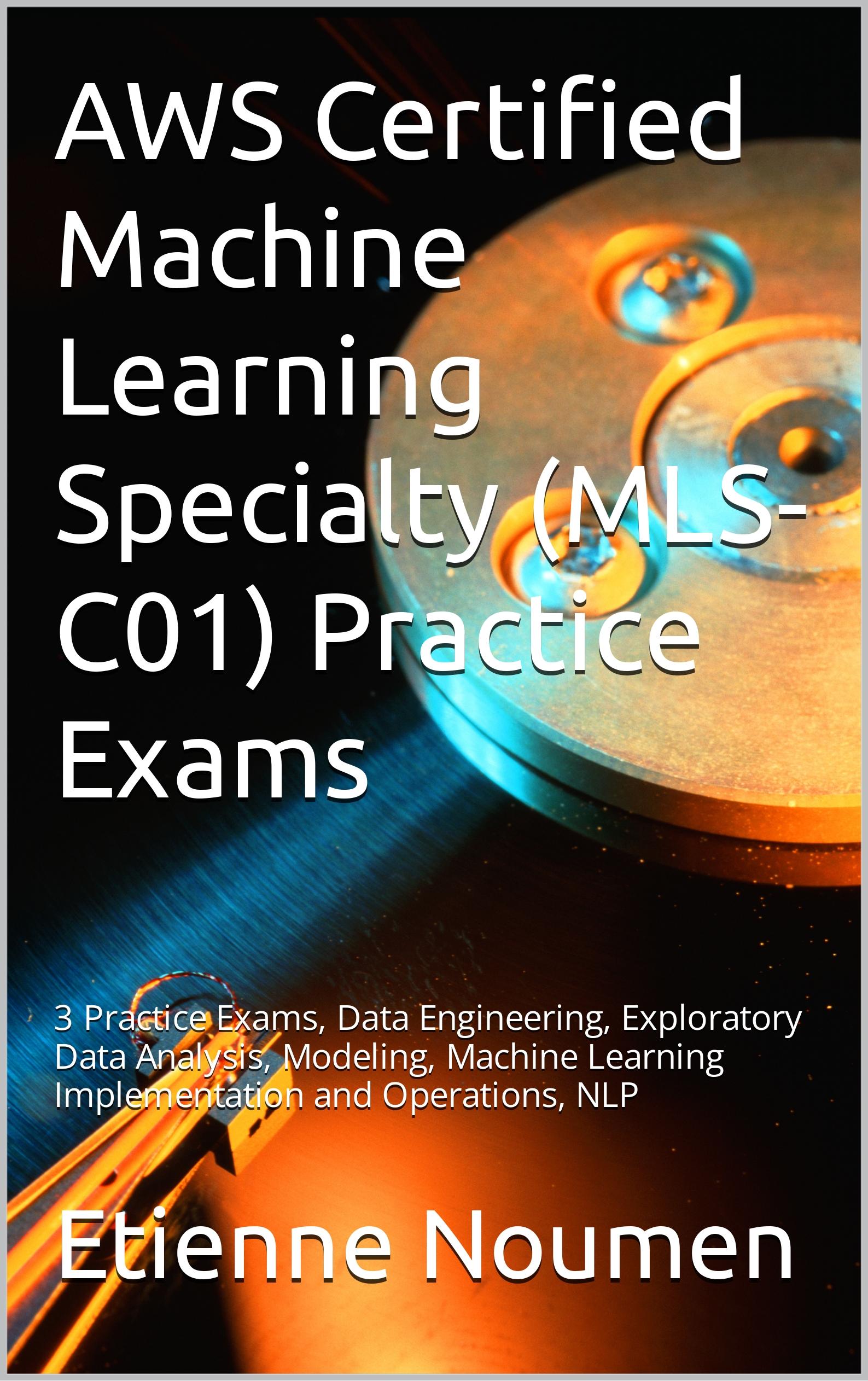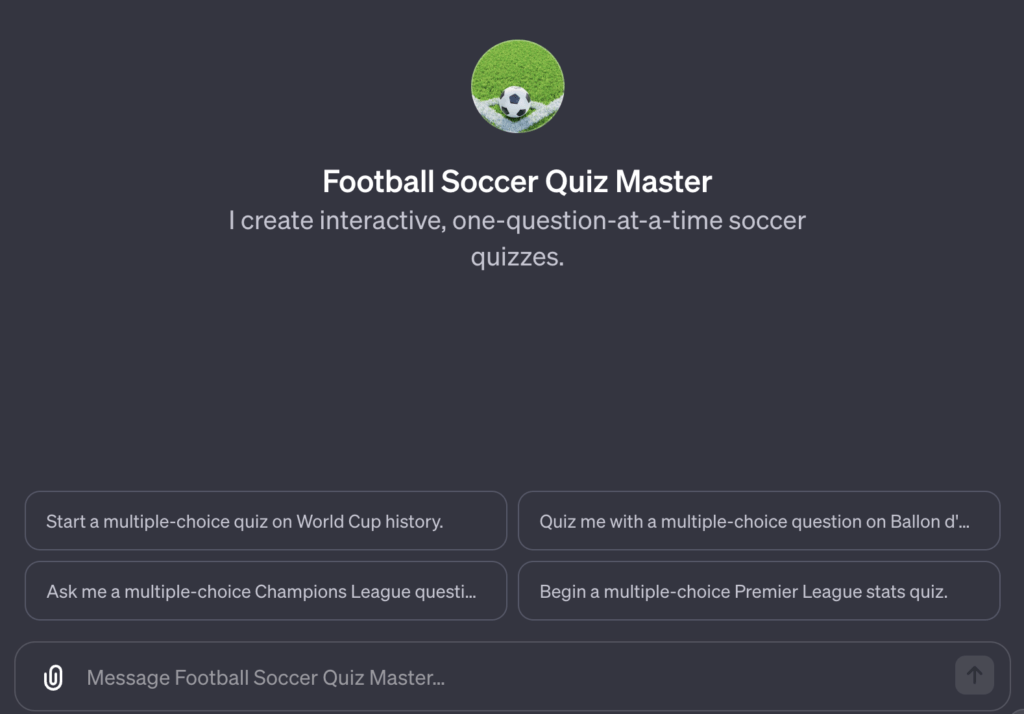Amateur Co-Ed Sports Platform
San Diego Sport News Reddit
Venesco is hiring HELP DESK / IT Specialist | San Diego, CA US [C++ Java SQL]
How Outer Space Affects Tumor or Stem Cell Growth?
In 2019, after astronaut Scott Kelly returned to earth after spending 340 days in space (in International Space Station), scientists ran a battery to tests comparing physiological/biological/molecular parameters with Scott's twin brother, Mark, and reported their findings in the journal Science.
- Changes were seen across multiple parameters including changes in telomere length, gene regulation measured in both epigenetic and transcriptional data, gut microbiome composition, body weight, carotid artery dimensions, subfoveal choroidal thickness and peripapillary total retinal thickness, and serum metabolites; and most of these changes returned to baseline (preflight) levels after ~6 months return to earth.
- But changes in some measures remained unchanged including some genes’ expression levels, increased DNA damage from chromosomal inversions, increased numbers of short telomeres, and attenuated cognitive function.
One observation from the Kelly twin's study caught the attention of Catriona Jamieson, a hematologist and director of the Sanford Stem Cell Institute at the University of California, San Diego: the astronaut twin, Scott Kelly, accumulated inversions and translocations in his DNA, which are the hallmarks of premalignancy and aging.
Jamieson is now conducting a series of experiments in collaboration with NASA to understand the impact of outer space on tumor an stem cell growth. This research may help mitigate the adverse effects of outer space on human genome once interplanetary travel becomes common place or even moon travel. At a basic science level, this research program also provides a shorter-time-frame model to study the process of aging itself (Scott Kelly showed signs of accelerated aging such as shortened telomeres.)
Jamieson recently sat down a STAT reporter to talk about this research program.
"Our first mission was SpX-24 in December of 2021. This was in collaboration with NASA. They gave us a $5 million grant to start the world’s first integrated space stem cell orbital research lab, ISSCOR. The first mission we did together with our implementation partner, it’s called Space Tango, was to send these little mini-bioreactors. They’re like little pediatric blood bags that have a three-dimensional sponge inside. We seeded that with bone marrow that comes from people undergoing hip replacement that were kind enough to donate their bone marrow.
"We put the bone marrow in those little nano-bioreactors, and we tagged them with a reporter, a fluorescent signal that tells us are those cells asleep or are they dividing? We want our normal bone marrow stem cells to be asleep 80% of the time to maintain their full fitness, their full potential to clone themselves. If they lose that, then they become exhausted.
"Our first mission, SpX-24, showed that actually stem cells get exhausted in space. They go crazy, they party, they hyper-proliferate, and then they lose their capacity to go to sleep. They’re totally wired. Then they lose their functional potential."
Read full interview at Q&A: Meet the scientist sending tumors into space. By Nicholas St. Fleur. STAT News. 6 May 2024 [archive]
Kelly Twin Study:
- Garrett-Bakelman FE, et al. The NASA Twins Study: A multidimensional analysis of a year-long human spaceflight. Science. 2019 Apr 12;364(6436):eaau8650. doi: 10.1126/science.aau8650. PMID: 30975860; PMCID: PMC7580864.
[link] [comments]
University of San Diego or SMU
Hello, I'm having trouble choosing between these two schools. I'm from Southern California, just so you know. I've been admitted to SMU's Cox School of Business, where I intend to major in business. Although I think the San Diego campus, people, and location are better, I think the SMU business school will better prepare me for the future. I'm having trouble deciding which school to attend. Can someone help?
submitted by /u/NoAdrops to r/mathhammer[link] [comments]








